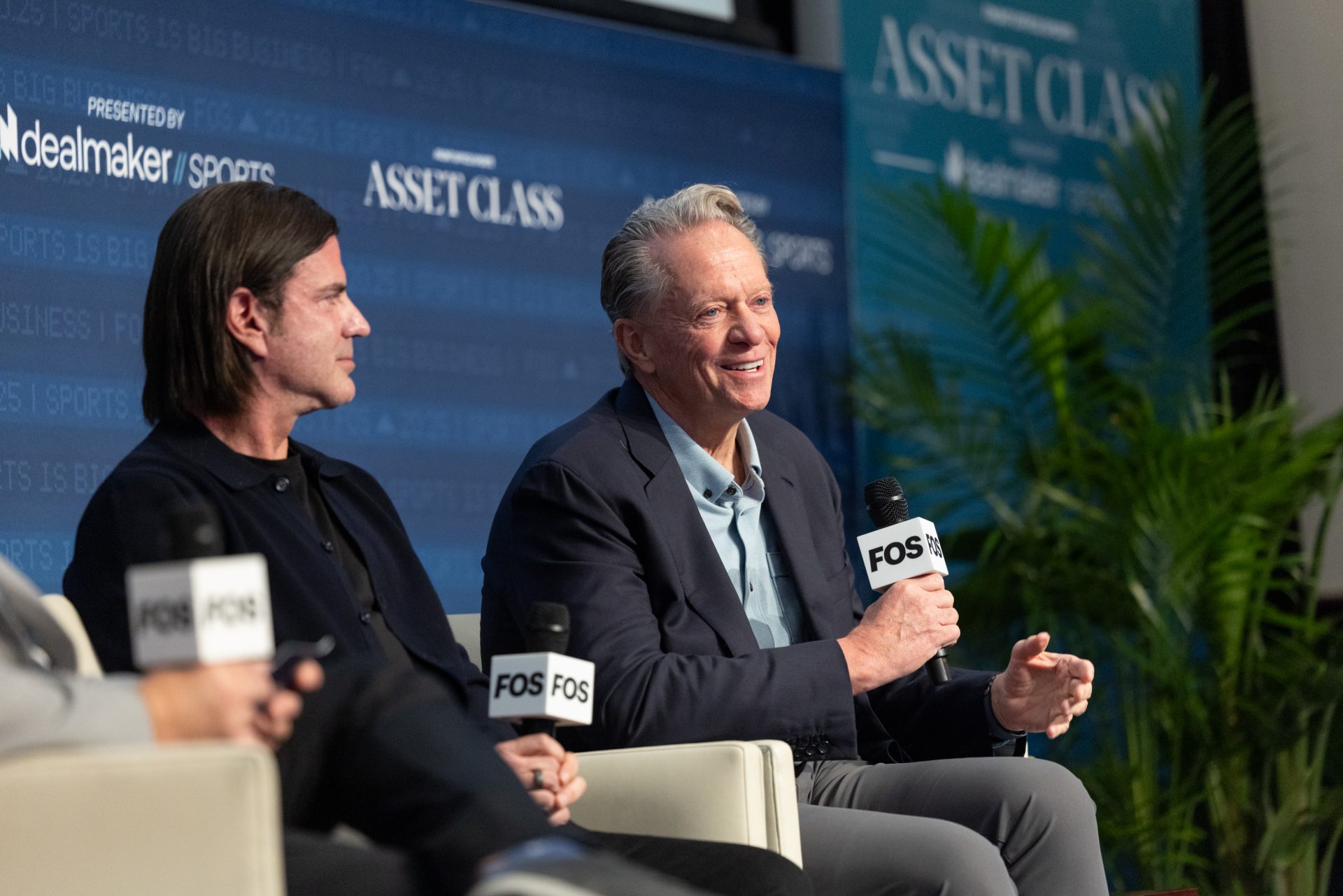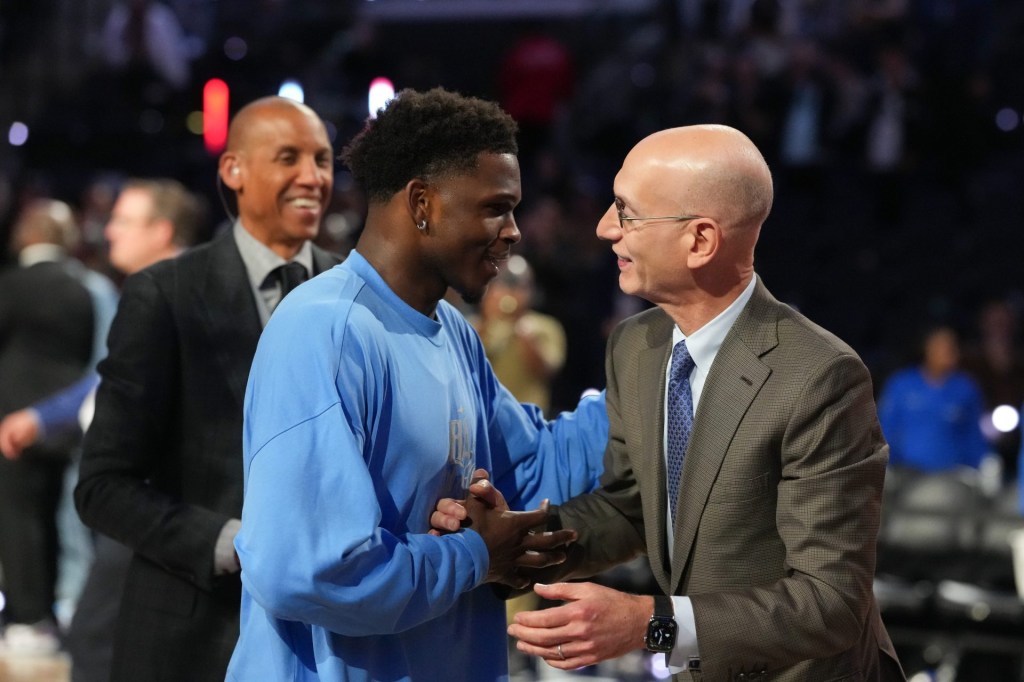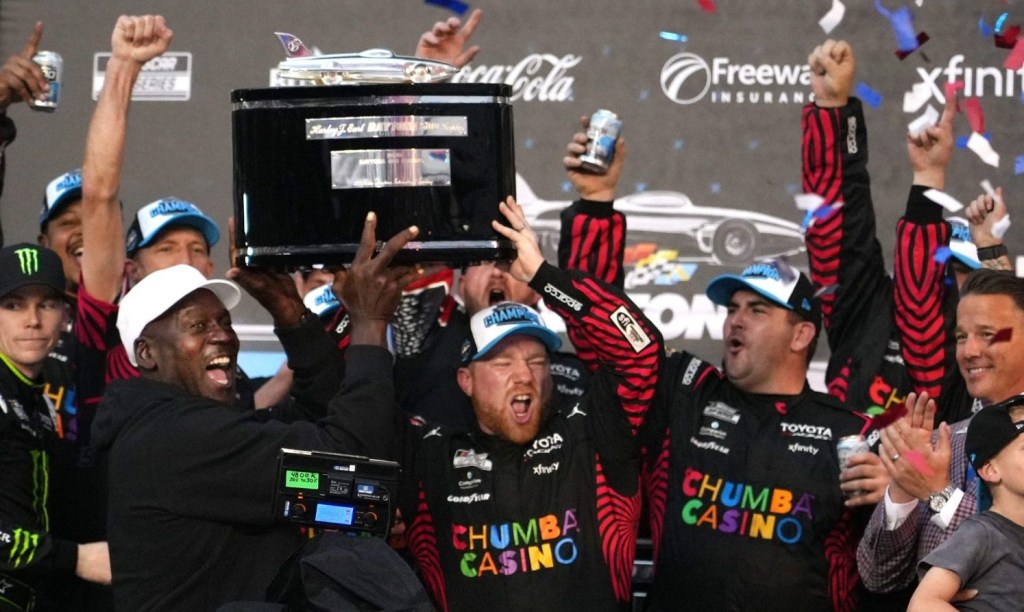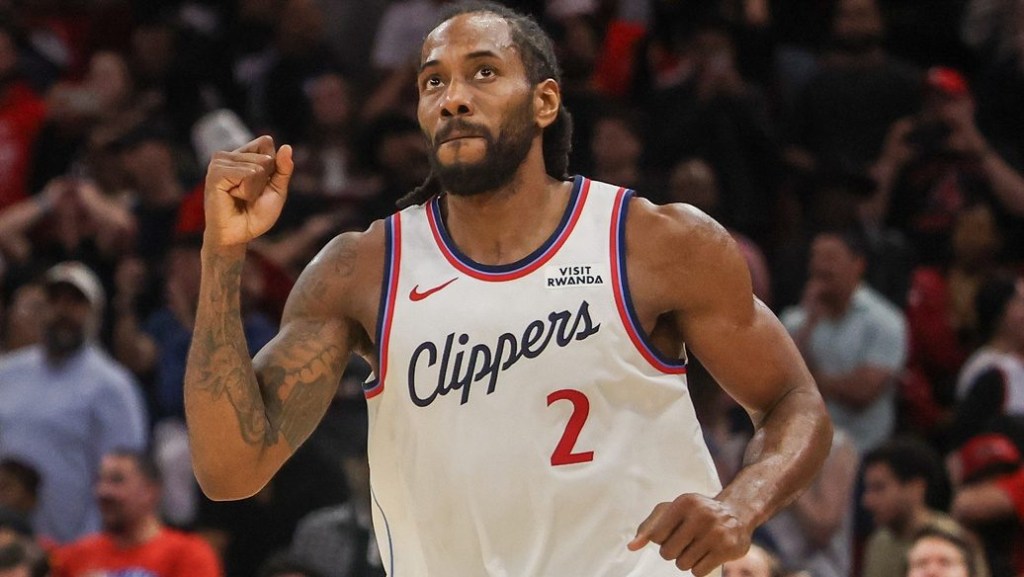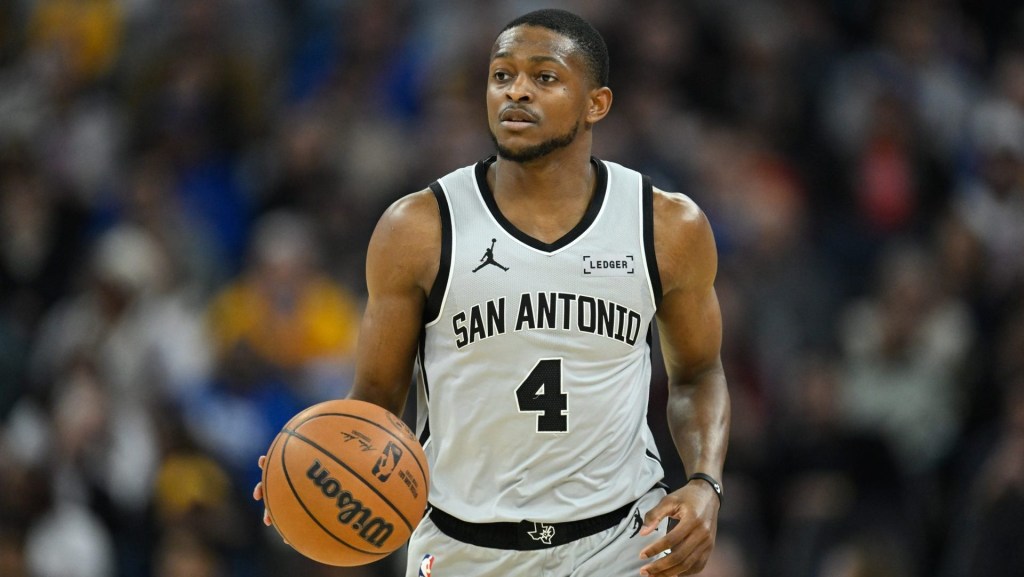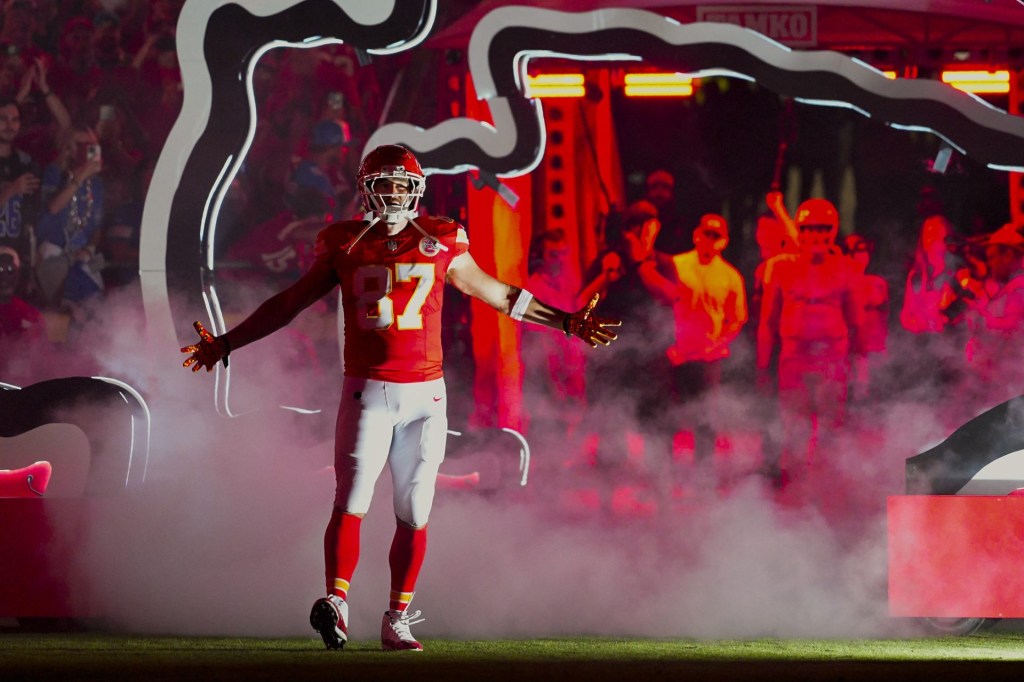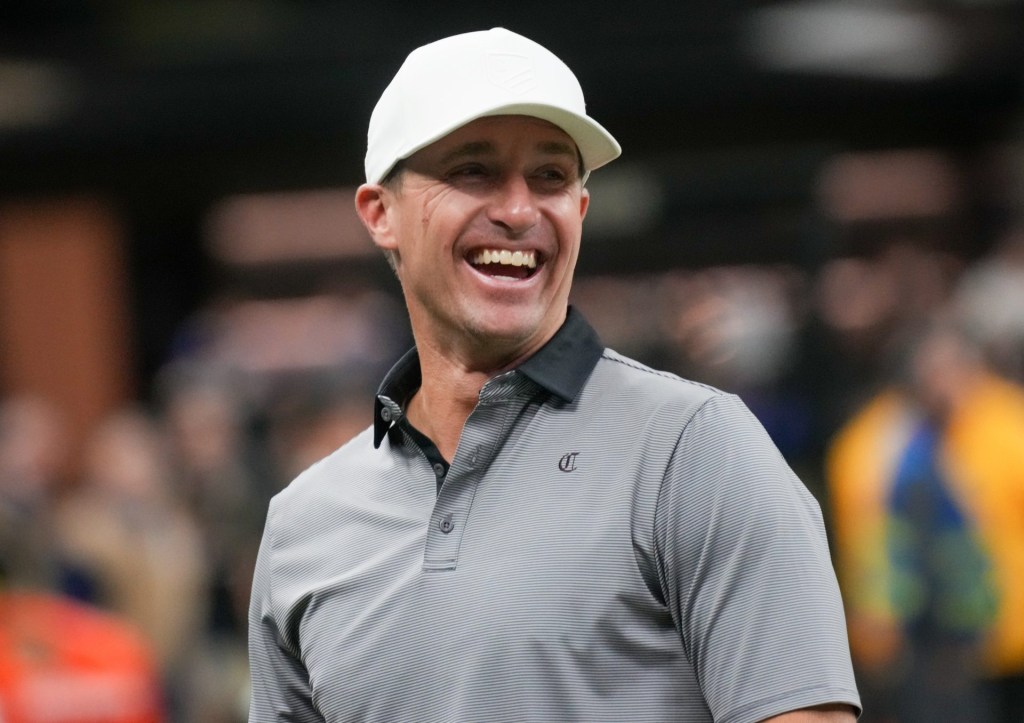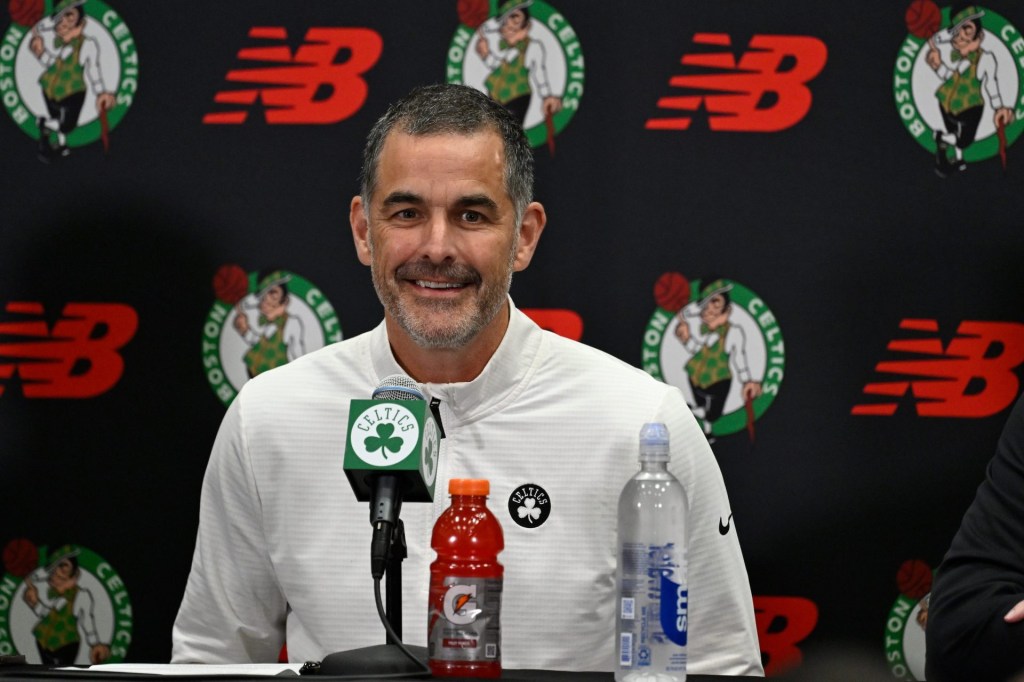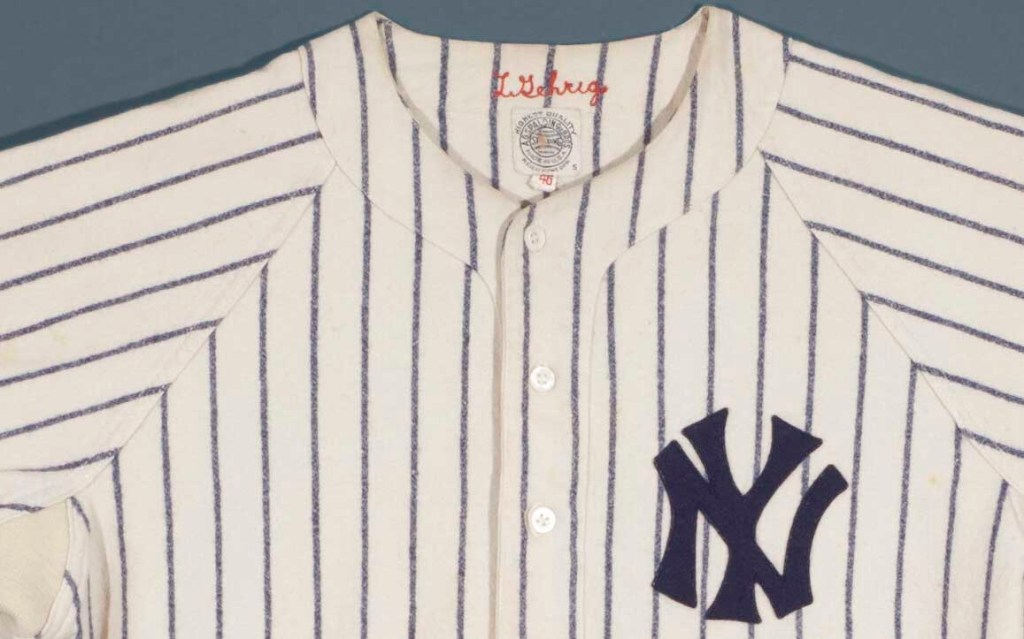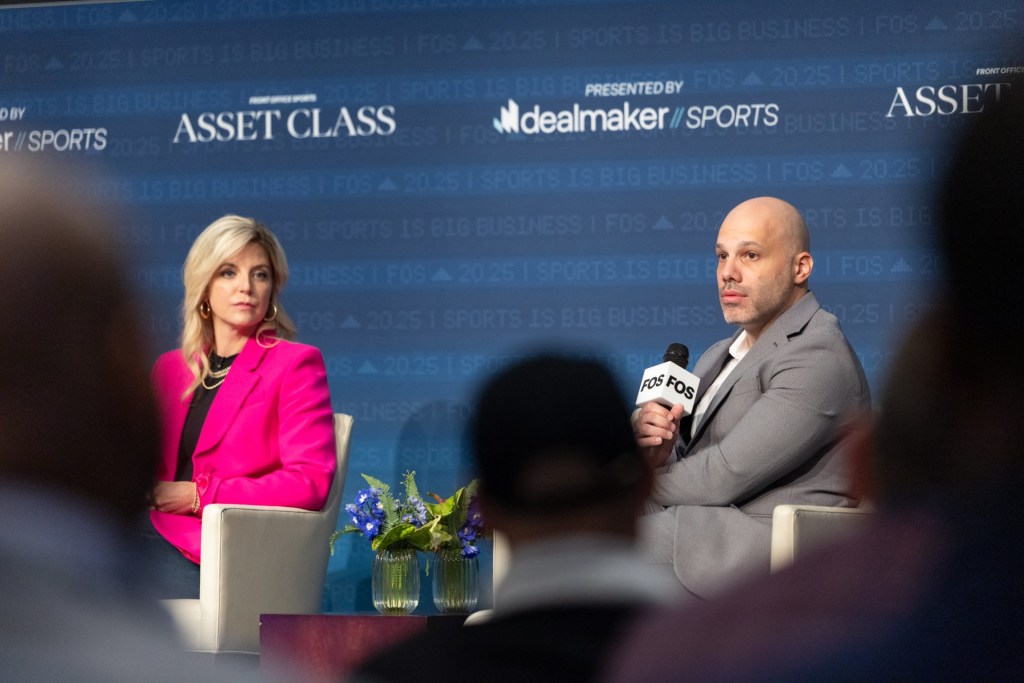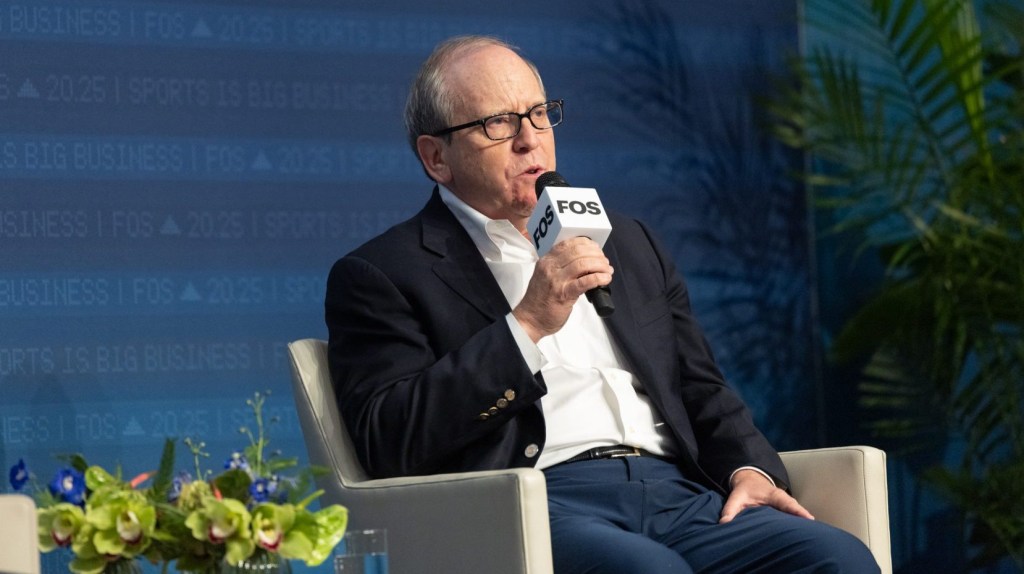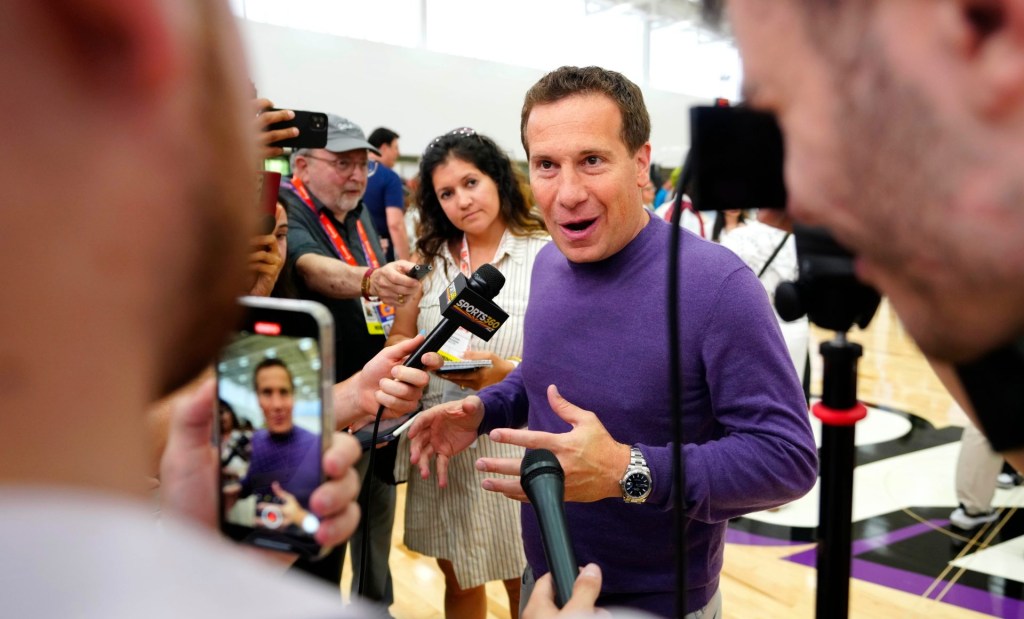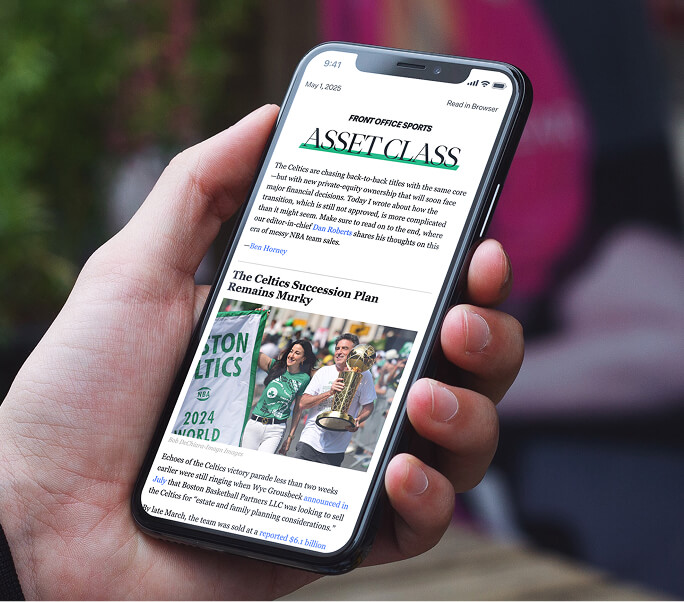Before Kawhi Leonard and the Clippers, the Knicks were accused of circumventing the salary cap to sign center Herb Williams to back up Patrick Ewing in the 1990s. Back then, New York survived the investigation unscathed.
As the NBA season draws near, the allegation that Clippers owner Steve Ballmer circumvented the salary cap in order to pay Leonard more than he was allowed has dominated headlines. The claim, first reported by journalist Pablo Torre, is that there were shady dealings through a $28 million “no-show” endorsement deal with green-banking company Aspiration, a former team sponsor that is now bankrupt. Commissioner Adam Silver has tapped law firm Wachtell Lipton to lead an investigation, which may take months.
The allegations echo past NBA cap controversies. Punishments can range depending on the severity of the infraction, and can include fines, loss of draft picks, and even voiding of player contracts. Perhaps the most notable example happened in October 2000, when the Timberwolves lost five first-round picks and were fined $3.5 million for reaching a deal with forward Joe Smith to circumvent the salary cap.
In 1993, Silver’s predecessor, the late David Stern, felt certain he had caught the Knicks—and team president Dave Checketts—circumventing the cap when they signed Williams to a one-year deal worth around $1.5 million. That was roughly three times his previous salary under the two-year contract he’d signed with the Knicks that included a player option to opt out.
“Immediately when we announced it, David Stern called me,” Checketts said Thursday at the inaugural Front Office Sports Asset Class summit in New York.
“I’ll leave the expletives out, [but] he said, ‘I’m gonna haul you in for this. Everybody knows what you just did. You circumvented the cap … you didn’t even try to hide it,’” Checketts said.
Checketts admits the Knicks valued Williams highly, and that when he signed the first contract, the team didn’t have the cap space to pay Williams his market value of more than $1 million a year. So they signed him to a two-year deal worth somewhere around $400,000 annually, with an opt-out clause.
After Williams exercised the option, the Knicks promptly signed him for roughly $1.5 million for Year 2—enough to satisfy both player and team, but enough to catch David Stern’s attention. From Day 1, Checketts maintained innocence.
“I said, ‘I have nothing to hide,’” Checketts remembers. “He said, ‘We’re gonna investigate you, so get ready.’”
Stern hired a retired District Court judge and a “very tough” lawyer, who came in and interviewed Checketts, the team’s general manager Ernie Grunfeld, and head coach Pat Riley.
Checketts says he told the investigators “the New York Knicks take care of their players,” and that they wouldn’t find anything, “written or verbal,” proving any funny business.
Ultimately, the judge had to go back to Stern and say “‘we’ve got nothing,’” Checketts said.
“I guess that was circumventing the cap in Stern’s world,” he said. “But this story in L.A. is a completely different number, a completely different story.”
